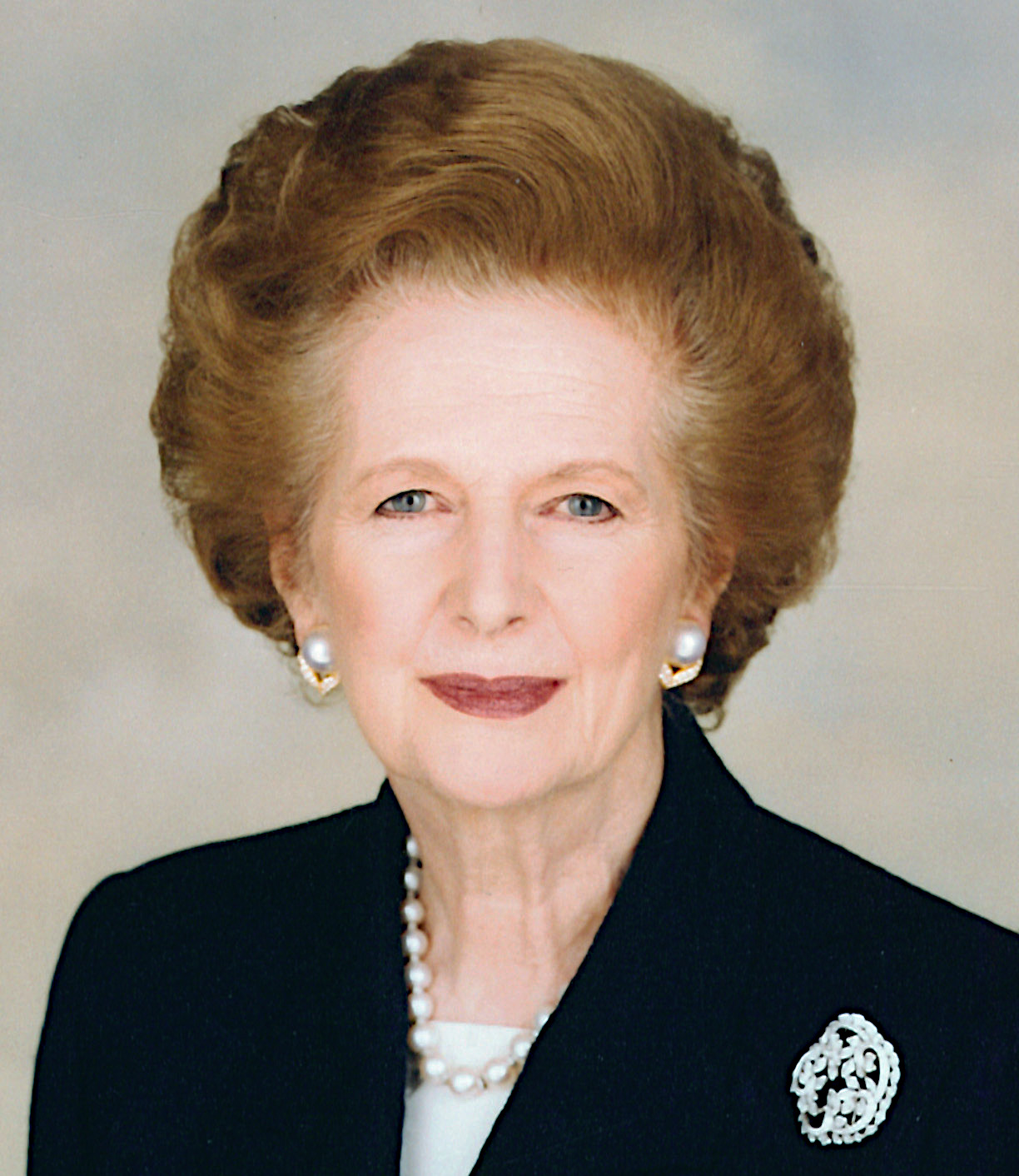Recently Updated Blogs
As the calendar turns a new page and the dawn of a brand-new year approaches, it's the perfect time to reflect on the academic journey behind and set the stage for the one ahead. Embracing the spirit of fresh beginnings, let's explore the importance of setting academic resolutions for a…
The anticipation following university interviews can be both exhilarating and challenging. As you eagerly await Oxford and Cambridge offers in the new year, it's crucial to channel your energy productively. Crafting a thoughtful post-interview action plan can not only keep you engaged but also contribute positively to your overall application…
The festive season is upon us, bringing joy, festivities, and a well-deserved break from the rigours of academic life. For students of all years, whether they have just finished their Oxbridge interviews and are approaching their A-levels, or are gearing up to GCSE exams in the summer, the Christmas break…
If you’re currently in year 10 or 11 and considering an application to Oxford or Cambridge, you’ll probably want to think ahead about your choice of A-levels to make sure that your choices will serve you well in making a strong application. Whether you’ve already chosen a university path or…
Why You Should Start Planning Your Child’s Application to Oxford or Cambridge in Year 11 Year 11 is a pivotal time: students are taking their GCSE exams, getting ready for Sixth Form, making choices for their future, and forming habits that will shape their path forward. With the right guidance,…




